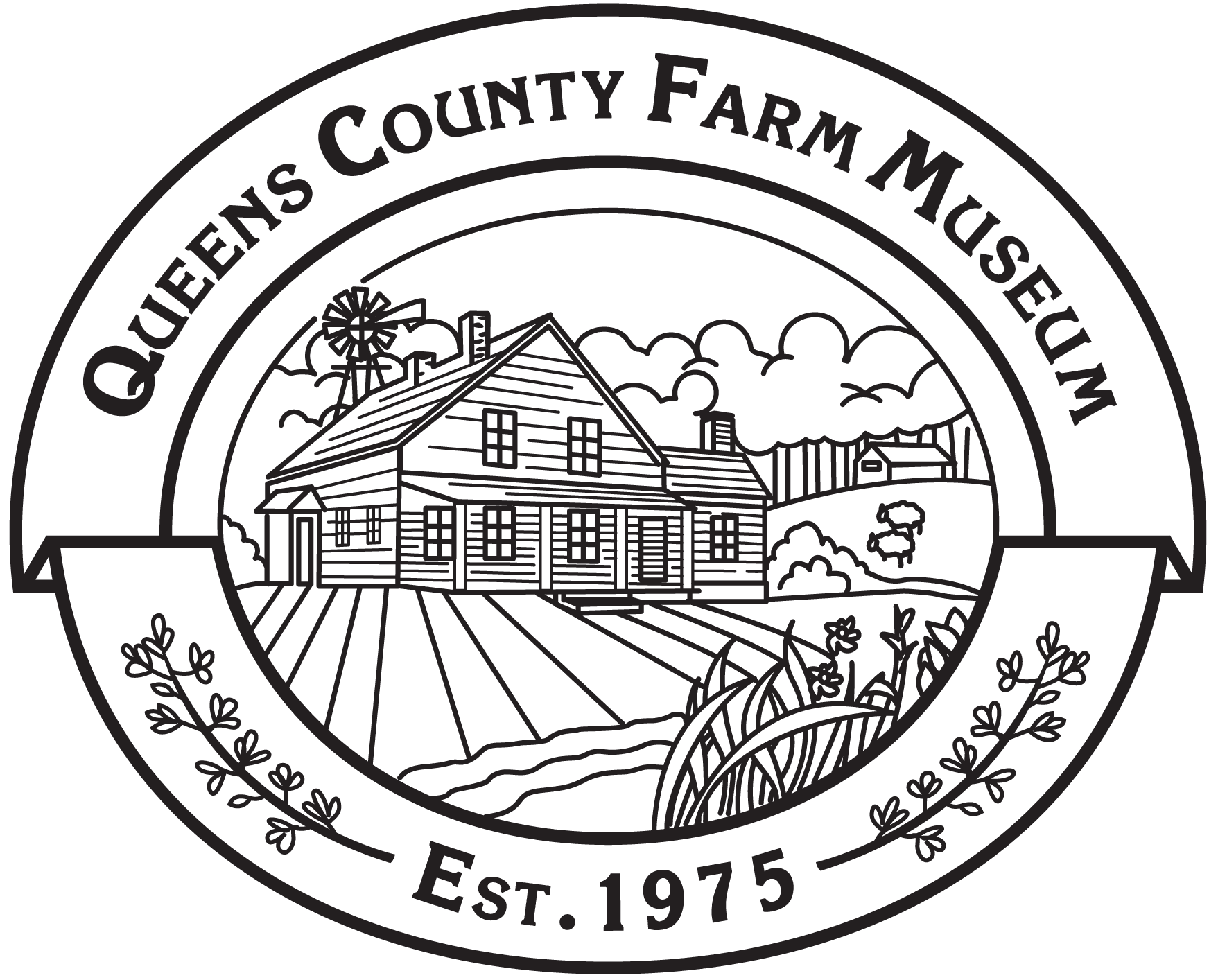Sustainable Agricultural Practices
Below are more on each practice implemented at the Queens Farm.
Crop rotation:
Crop rotation is a system of varying successive crops in a definite order within the same planting zone. This process naturally maintains soil fertility, helps control pest and weed pressure and aids in preventing soil-borne diseases.
Intercropping:
In our fields, each planting bed features a different crop, which is quite different from the monocropping so prevalent in industrial agriculture. By growing a variety of crops within the field – otherwise known as intercropping – we can improve soil health, reduce pest pressure, and foster pollination by beneficial insects such as butterflies and bees.
Cover crops:
In the fall, plants like Buckwheat, Clover, and Rye are seeded in our fields. These are called cover crops. These plants remain in the ground through the winter months, and their vegetation protects the topsoil like a winter blanket. Come spring, they are tilled into the earth thus improving soil structure and fertility by adding organic matter. This ancient technique keeps the soil microbiome alive all year round, helps prevent soil erosion, suppresses weeds, and boosts soil nutrients.
Natural mulch:
By laying down natural mulches like cardboard, brown paper, straw, and woodchips around our plantings, we are able to alleviate weed pressure and retain moisture in the soil. These materials are preferred to using landscape fabrics and plastics which can heat up the soil too much, are detrimental to the health of the soil microbiome and environment, and do not add any beneficial organic matter to the soil.
Pollinator-friendly perennial borders:
On the perimeter of our growing fields and in farm gardens are plantings of perennial flowers and herbs. Each year, these plants reliably grow back, providing a welcoming habitat for beneficial insects and pollinators such as ladybugs, butterflies, bees, and praying mantises which play an essential role in the health of the farm ecosystem. Perennial plants are often the first to bloom in spring, acting as a critical food source for our pollinators.
Better than organic:
Everybody deserves the right to know how their food is grown. In recent years, the term “organic” has been watered down in meaning as USDA-Certified Organic standards allow for the use of “organic” pesticides and chemicals. Our growing practices are better than organic. We take a very hands-off approach when it comes to plant pests and diseases on the farm, allowing only nature to intervene to find homeostasis again. Relying on nature to solve its own problems supports a stronger, more balanced ecosystem. We start all of our seeds in our on-site greenhouse which allows us to have the full cycle of food production all happen in one space, under our care. It also keeps our carbon footprint low, eliminating the need for truck-powered plant delivery to our site.
